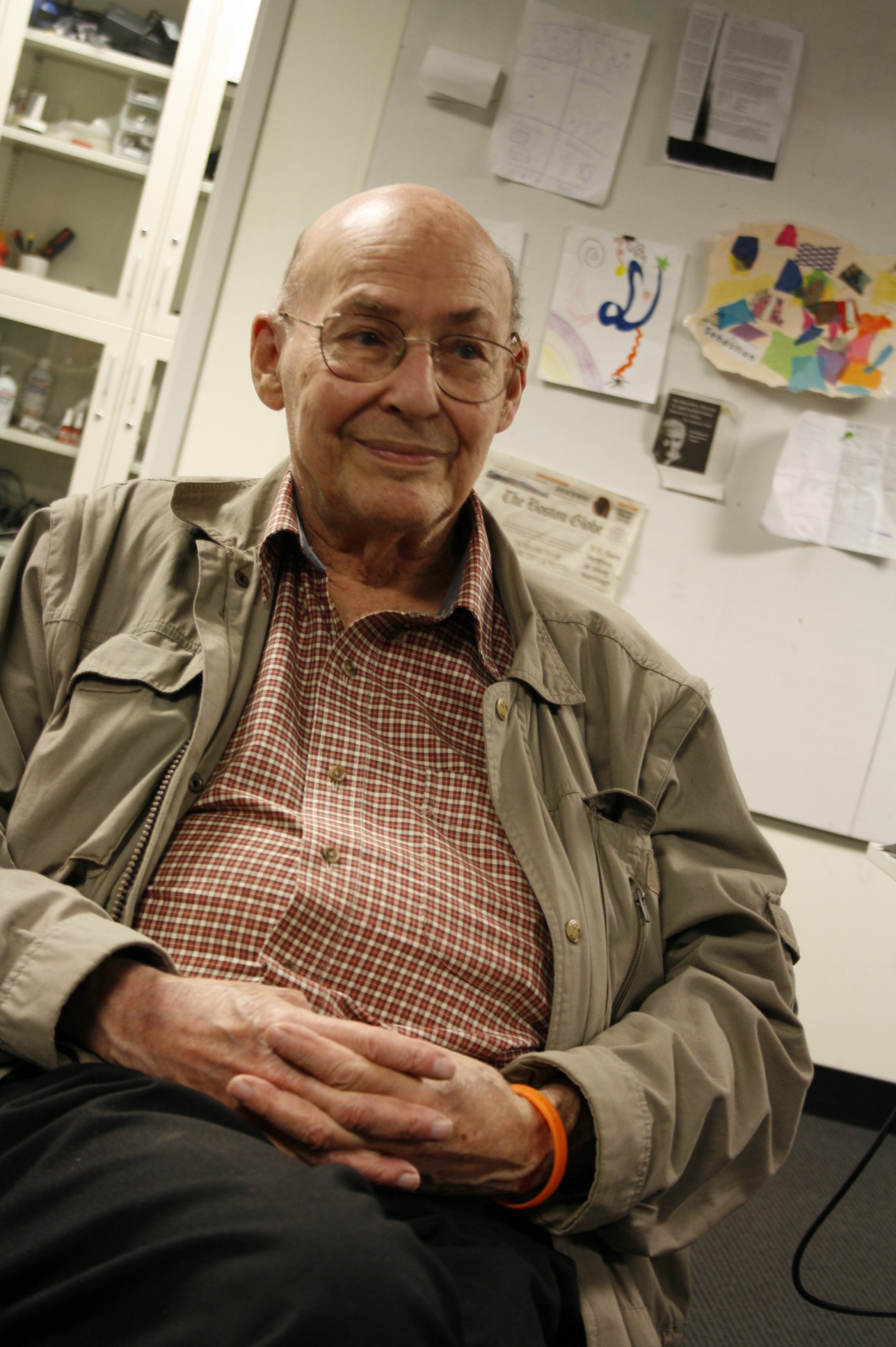Music, Mind, and Meaning (1981)
Kontext: If explaining minds seems harder than explaining songs, we should remember that sometimes enlarging problems makes them simpler! The theory of the roots of equations seemed hard for centuries within its little world of real numbers, but it suddenly seemed simple once Gauss exposed the larger world of so-called complex numbers. Similarly, music should make more sense once seen through listeners' minds.
Marvin Minsky: Zitate auf Englisch
“It's harmful, when naming leads the mind to think that names alone bring meaning close.”
Quelle: The Society of Mind (1987), Ch.2
Kontext: Questions about arts, traits, and styles of life are actually quite technical. They ask us to explain what happens among the agents of our minds. But this is a subject about which we have never learned very much... Such questions will be answered in time. But it will just prolong the wait if we keep using pseudo-explanation words like "holistic" and "gestalt." …It's harmful, when naming leads the mind to think that names alone bring meaning close.
Music, Mind, and Meaning (1981)
Kontext: How do both music and vision build things in our minds? Eye motions show us real objects; phrases show us musical objects. We "learn" a room with bodily motions; large musical sections show us musical "places." Walks and climbs move us from room to room; so do transitions between musical sections. Looking back in vision is like recapitulation in music; both give us time, at certain points, to reconfirm or change our conceptions of the whole.
K-Linesː A Theory of Memory (1980)
Kontext: A memory should induce a state through which we see current reality as an instance of the remembered event — or equivalently, see the past as an instance of the present.... the system can perform a computation analogous to one from the memorable past, but sensitive to present goals and circumstances.
“Just knowing that such states exist, that is, having symbols for them, is half the battle.”
Music, Mind, and Meaning (1981)
Kontext: Innate sentic detectors could help by teaching children about their own affective states. For if distinct signals arouse specific states, the child can associate those signals with those states. Just knowing that such states exist, that is, having symbols for them, is half the battle.
“Only the professional remembers the music itself, timbres, tones and textures.”
K-Linesː A Theory of Memory (1980)
Kontext: Concrete concepts are not necessarily the simplest ones. A novice best remembers "being at" a concert. The amateur remembers more of what it "sounded like." Only the professional remembers the music itself, timbres, tones and textures.
Jokes and their Relation to the Cognitive Unconscious (1980)
Kontext: All intelligent persons also possess some larger-scale frame-systems whose members seemed at first impossibly different — like water with electricity, or poetry with music. Yet many such analogies — along with the knowledge of how to apply them — are among our most powerful tools of thought. They explain our ability sometimes to see one thing — or idea — as though it were another, and thus to apply knowledge and experience gathered in one domain to solve problems in another. It is thus that we transfer knowledge via the paradigms of Science. We learn to see gases and fluids as particles, particles as waves, and waves as envelopes of growing spheres.
the latter often in situations where the art of heuristic programming has far outreached the special-case "theories" so grimly taught and tested — and invocations about programming style almost sure to be outmoded before the student graduates.
Turing Award Lecture "Form and Content in Computer Science" (1969) http://web.media.mit.edu/~minsky/papers/TuringLecture/TuringLecture.html, in Journal of the Association for Computing Machinery 17 (2) (April 1970)
"Communication with Alien Intelligence" http://web.media.mit.edu/~minsky/papers/AlienIntelligence.html, in Extraterrestrials: Science and Alien Intelligence (1985) edited by Edward Regis <!-- Cambridge University Press --> also published in Byte Magazine (April 1985)
Kontext: Speed is what distinguishes intelligence. No bird discovers how to fly: evolution used a trillion bird-years to 'discover' that – where merely hundreds of person-years sufficed.
Music, Mind, and Meaning (1981)
Kontext: Of what use is musical knowledge? Here is one idea. Each child spends endless days in curious ways; we call this play. A child stacks and packs all kinds of blocks and boxes, lines them up, and knocks them down. … Clearly, the child is learning about space!... how on earth does one learn about time? Can one time fit inside another? Can two of them go side by side? In music, we find out!
“Concrete concepts are not necessarily the simplest ones.”
K-Linesː A Theory of Memory (1980)
Kontext: Concrete concepts are not necessarily the simplest ones. A novice best remembers "being at" a concert. The amateur remembers more of what it "sounded like." Only the professional remembers the music itself, timbres, tones and textures.
Quelle: The Society of Mind (1987), p. 187
Kontext: For generations, scientists and philosophers have tried to explain ordinary reasoning in terms of logical principles — with virtually no success. I suspect this enterprise failed because it was looking in the wrong direction: common sense works so well not because it is an approximation of logic; logic is only a small part of our great accumulation of different, useful ways to chain things together.
Music, Mind, and Meaning (1981)
useful ways to combine different fragments of knowledge.
K-Linesː A Theory of Memory (1980)
“Old answers never perfectly suit new questions, except in the most formal, logical circumstances.”
K-Linesː A Theory of Memory (1980)
K-Linesː A Theory of Memory (1980)
Turing Award Lecture "Form and Content in Computer Science" (1969), in Journal of the Association for Computing Machinery 17 (2) (April 1970)
K-Linesː A Theory of Memory (1980)
“We'll show you that you can build a mind from many little parts, each mindless by itself.”
Prologue
The Society of Mind (1987)
K-Linesː A Theory of Memory (1980)
Marvin Minsky in: David G. Stork (1998). HAL's Legacy: 2001's Computer As Dream and Reality. p. 16
